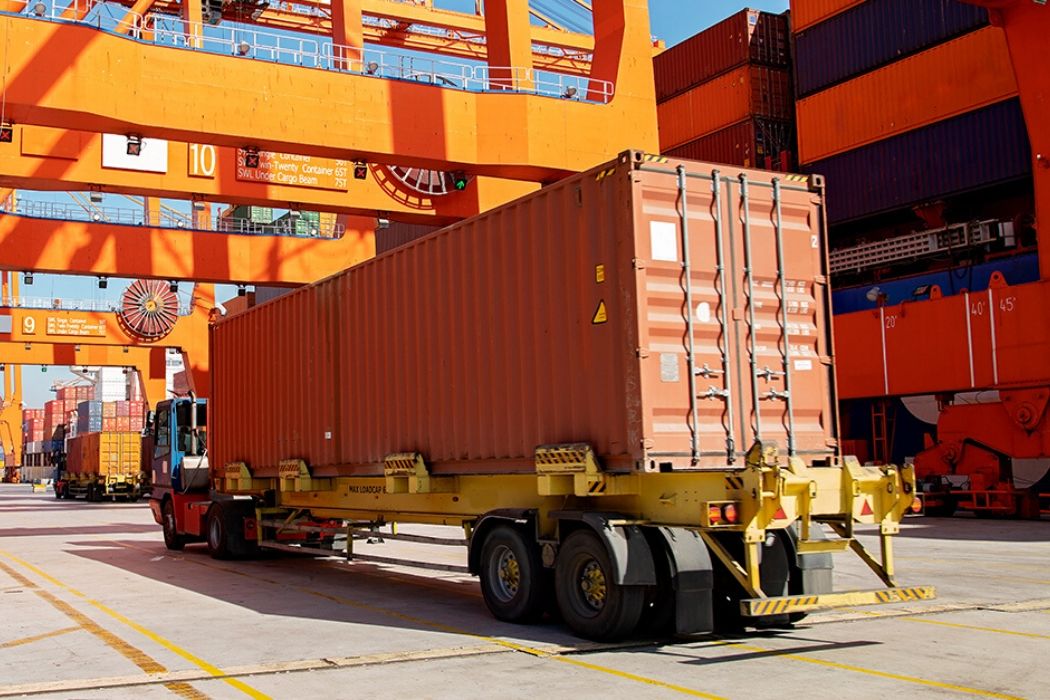
Less than container load (LCL) shipping is rapidly becoming a go-to service option for businesses seeking help in a complex global logistics industry. From transit uncertainty, consolidation of service providers, trade war complexity, inconsistent visibility, and even global pandemics, LCL shipping provides solutions to navigate these choppy waters.
As COVID-19 affected businesses around the world, the need for expedited LCL shipping grew significantly. This was especially true for personal protective equipment (PPE) shipping, which has skyrocketed in recent months.
The right level of LCL shipping expertise
If you’re like many other organizations around the world, you’re trying to adjust how your business operates and adjust for logistics at the same time. Trusting supply chain experts to help can bring experience and expertise to your strategy that you wouldn’t otherwise have access to. Keep in mind that service providers that handle their own LCL product often provide more dependable and flexible service options.
Our team of experts at C.H. Robinson have been at the forefront of these market changes—helping our customers adapt as quickly as possible. In the early weeks of March alone, we handled dozens of expedited LCL shipments out of Asia, working across 22 origin ports from 10 origin countries to get our customers everything they needed.
What freight qualifies for LCL shipping
Typically, the minimum quantity of goods that can cost-effectively be moved via LCL service is 500kg or 2 CBM. As is to be expected, expedited LCL service is substantially faster than traditional ocean service, yet it still takes longer than air transit. Only freight that can account for added transport time is a good fit for expedited LCL shipping.
LCL shipping vs. full container load (FCL) or air freight
These are the top benefits to consider when investigating if LCL shipping is right for your organization.
1. Reduced costs
The most obvious cost savings for LCL shipping is in comparison to air freight. For organizations that can adjust for a slightly longer transit time, the right LCL strategy can save as much as 75% over the costs of today’s air market.
And because you only pay for the space you use, LCL service can even show reduction over under-utilized FCL shipments. By using shipments in transit as “inventory in transit,” LCL shipping can even help lower warehousing and inventory costs, which in turn can help reduce your tariff spend per shipment.
2. Dependable transit times
Service providers, like C.H. Robinson, that handle their own LCL containers, can offer dependable, fixed sailings and flexible cutoffs. This provides reliable ocean and port handling transits.
With a high level of reliability from your LCL provider, you can better plan production at origin to load into LCL schedules and take advantage of just-in-time deliveries at your destination to keep materials moving through production, assembly lines, and onto store shelves.
3. Shipment options and flexibility
Expedited LCL shipping combined with tailored solutions offers the necessary flexibility you need to meet transit times. For example, if a product in transit experiences a surge in demand, it’s easy to reroute the shipment for faster delivery. LCL routing and cost options are offered based on what’s most important to your business—transit time, spend, or an optimized mix of both.
LCL shipping as a competitive advantage
With a large, established network in North America, Europe, and around the globe, there are many advantages for LCL shipping options—visibility, handling, delivery times, and the ability to control goods in all transportation phases are just a few.
While many first think of LCL shipping as a service between Asia and North America, with the right provider, businesses in Europe can also benefit from strategic LCL shipping. C.H. Robinson’s LCL service includes weekly consolidations from Milan, Italy, to North America, with extensive coverage of destinations across the country. In addition, C.H. Robinson also has expedited options with weekly consolidations to North America from the United Kingdom, Antwerp, Hamburg, Prague, and Le Havre, with extensive coverage of destinations across the United States.
At C.H. Robinson, our global scale and dedicated LCL experts help us maintain clear control over consolidations and LCL service. As one of the largest customs brokers in the United States and with all-risk cargo insurance options that cover financial exposure, physical loss, or damage while your goods are in transit—we will work with you to discover your needs and tailor a solution that lower costs, provides reliable transit, and moves you closer to your goals.
To get more information about our global suite of services and how we can assist in your global business, please connect with our ocean LCL shipping experts.



